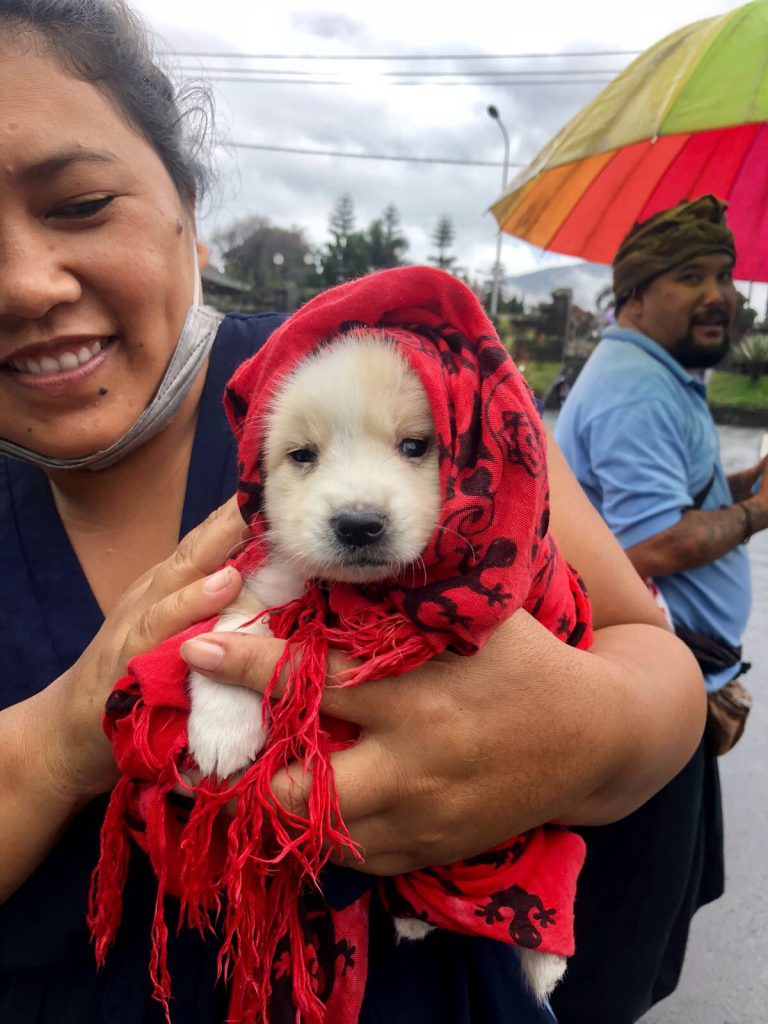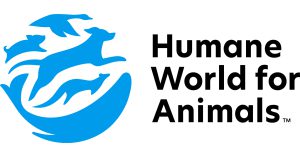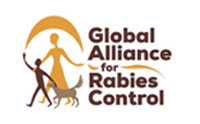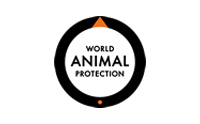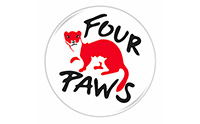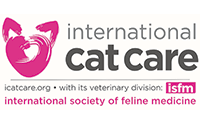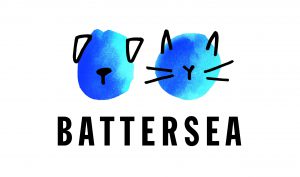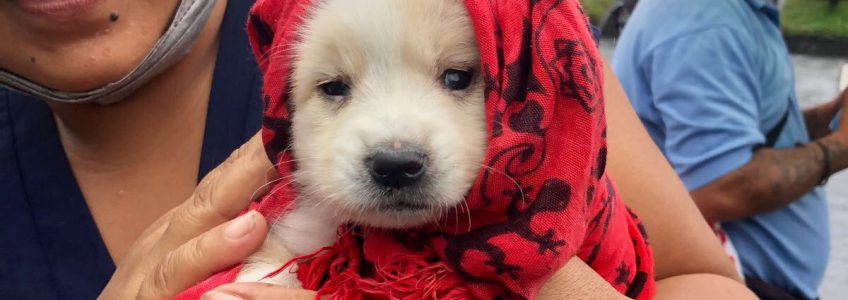
In Bali, Indonesia, an island with endemic rabies and many roaming dogs, it was common to see dogs in poor condition wandering village roads. Although a vaccination program was ongoing, rabies outbreaks usually resulted in indiscriminate culls of dogs surrounding the suspected case. The Bali Animal Welfare Organization (BAWA) had spent considerable resources helping start a vaccination program. They educated the government and many villages about rabies, but still, when rabies cases occurred, latent fear resulted in people reluctantly accepting dog culls.
BAWA, in partnership with IFAW, decided to try a different approach. They realized that the culls came from fearful villagers requesting that their authorities take action, and that villages might equally have the power to stop the culling. They began by offering to work with the villages to help them make their dogs healthier and rabies-free. They spent many months, not providing formal education and free veterinary care, but listening to villagers and learning that their fear came mostly from many misunderstandings about rabies, basic dog health, and insufficient dog care. Through door-to-door and small group gatherings, the NGO team helped community members try new ways to care for their dogs. As villagers began to see dogs become healthier, they began having conversations amongst each other. They shared information and took great pride in their healthy dogs. Some villages began to form “dog clubs” which would get together to share information and promote dogs in the village. Villagers took pride in their success and helped get others on board. They organized sterilization and vaccination events, and helped ensure that the dogs in their village stayed healthy and rabies-free.
When rabies broke out in the area again, many villages had dog culls. Those that escaped were the ones which had local dogs clubs. They were able to do this because their dogs were healthy and in many cases escaped the attention of culling teams. In several cases, villagers actively turned government culling teams away because they knew their dogs had been recently vaccinated. Because they were woven into the social fabric of the community, these groups were excellent at spreading factual information, building local energy, and exercising their power as a group to resist the policies that threatened their identity as a village that cared for its dogs.
